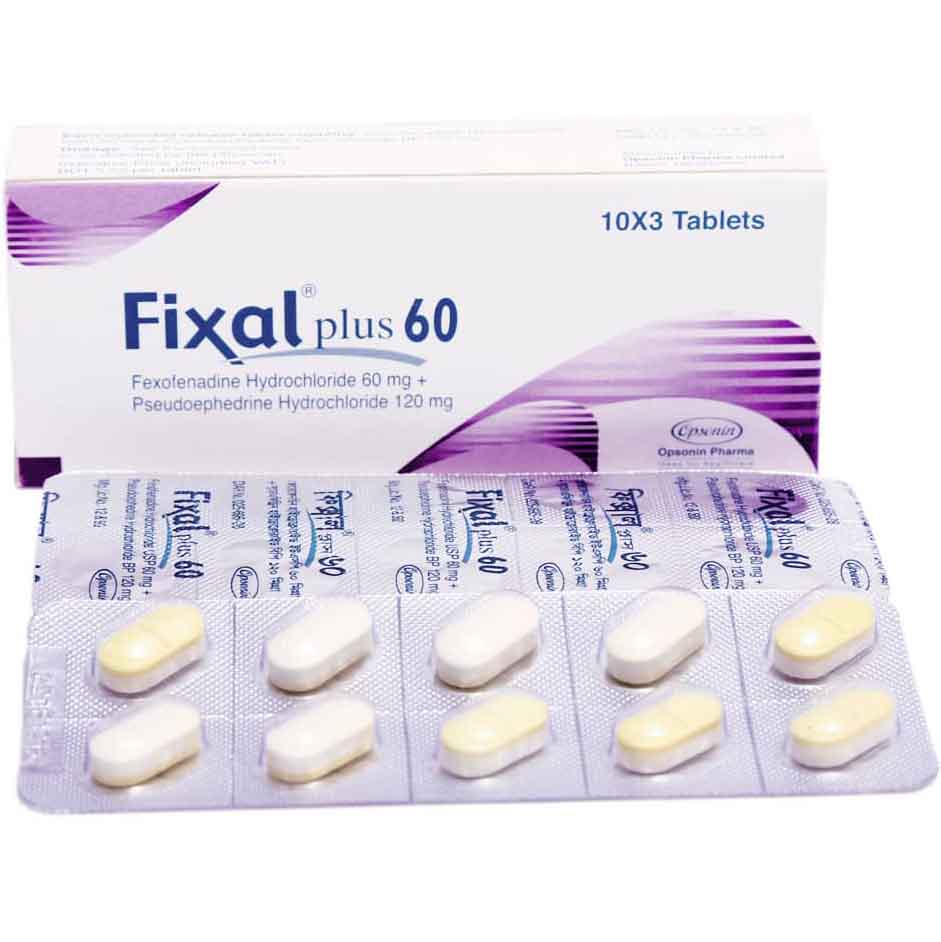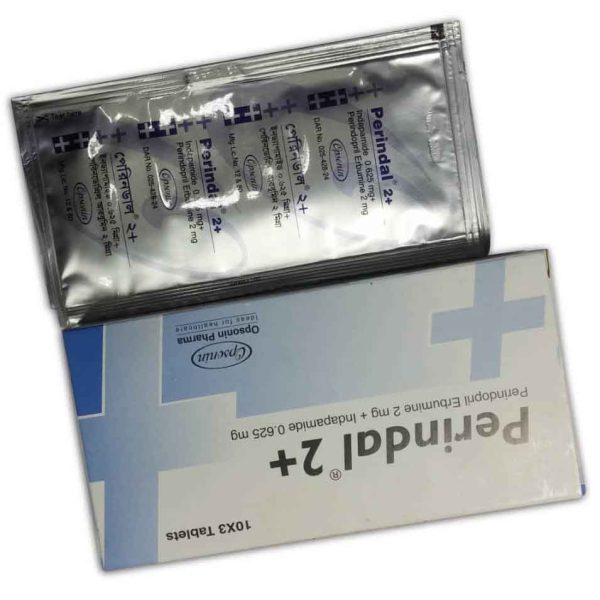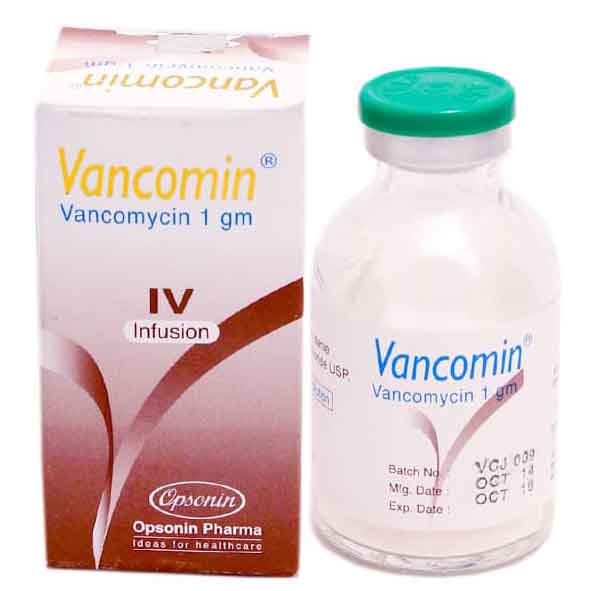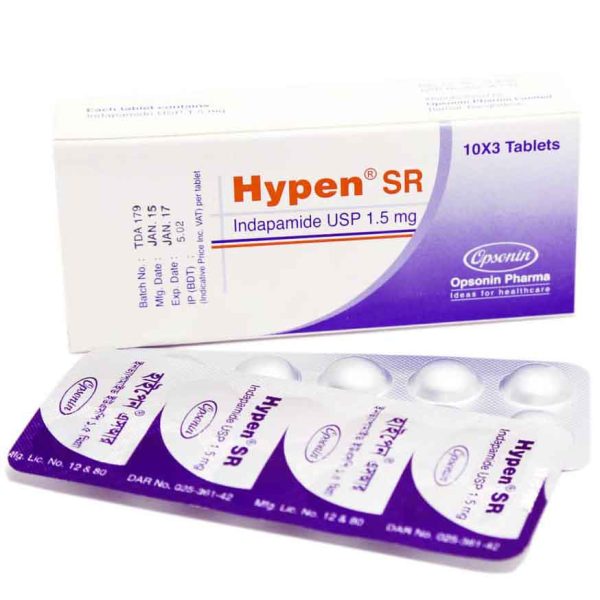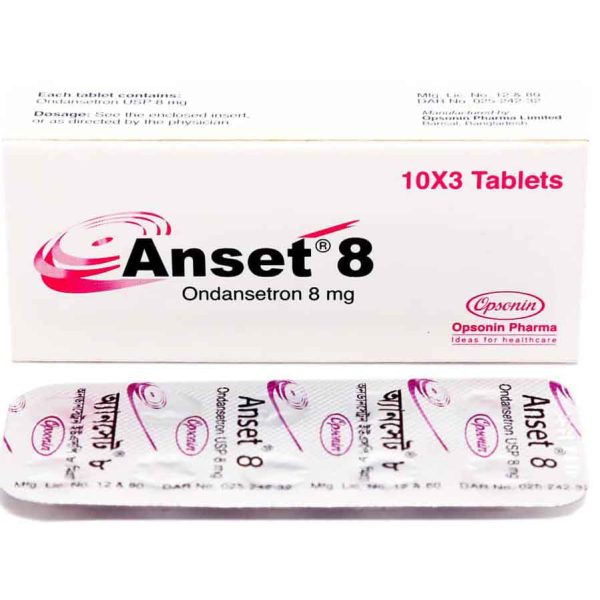Description
Generic name: Fexofenadine and Pseudoephedrine
Brand name: Fixal Plus® 60.
What is the most important information I should know about fexofenadine and pseudoephedrine?
Do not use this medicine if you have used an MAO inhibitor in the past 14 days, such as isocarboxazid, linezolid, methylene blue injection, phenelzine, rasagiline, selegiline, or tranylcypromine.
What is fexofenadine and pseudoephedrine?
Fexofenadine is an antihistamine that reduces the effects of natural chemical histamine in the body. Histamine can produce symptoms of sneezing, itching, watery eyes, and runny nose.
Pseudoephedrine is a decongestant that shrinks blood vessels in the nasal passages. Dilated blood vessels can cause nasal congestion (stuffy nose).
Fexofenadine and pseudoephedrine is a combination medicine used to treat sneezing, runny or stuffy nose, itchy or watery eyes, hives, skin rash, itching, and other symptoms of allergies and the common cold.
Fexofenadine and pseudoephedrine may also be used for purposes not listed in this medication guide.
What should I discuss with my healthcare provider before taking fexofenadine and pseudoephedrine?
Do not use fexofenadine and pseudoephedrine if you have used an MAO inhibitor in the past 14 days. A dangerous drug interaction could occur. MAO inhibitors include isocarboxazid, linezolid, methylene blue injection, phenelzine, rasagiline, selegiline, tranylcypromine, and others.
Ask a doctor or pharmacist if it is safe for you to take this medication if you have: kidney disease;
glaucoma; heart disease or high blood pressure;
diabetes; thyroid disorder; or bladder obstruction or other urination problems.
It is not known whether fexofenadine and pseudoephedrine will harm an unborn baby. Ask a doctor before using this medicine if you are pregnant.
Pseudoephedrine can pass into breast milk and may cause side effects in the nursing baby. Ask a doctor before using this medicine if you are breast-feeding.
Do not give this medicine to a child without medical advice.
How should I take fexofenadine and pseudoephedrine?
Use exactly as directed on the label, or as prescribed by your doctor. Do not use in larger or smaller amounts or for longer than recommended. Cold or allergy medicine is usually taken only for a short time until your symptoms clear up.
Do not give this medication to a child younger than 2 years old. Always ask a doctor before giving a cough or cold medicine to a child. Death can occur from the misuse of cough and cold medicines in very young children.
Do not crush, chew, or break an extended-release tablet. Swallow it whole.
Take fexofenadine and pseudoephedrine on an empty stomach, at least 1 hour before or 2 hours after a meal.
Take this medicine only with water. Avoid fruit juice; especially orange, apple, or grapefruit juice. Fruit juice can make it harder for your body to absorb fexofenadine.
Call your doctor if your symptoms do not improve after 7 days of treatment, or if you have a fever with a headache, cough, or skin rash.
If you need surgery or medical tests, tell the surgeon or doctor ahead of time if you have taken a cold or allergy medicine within the past few days.
Store at room temperature away from moisture and heat.
What should I avoid while taking fexofenadine and pseudoephedrine?
Avoid using antacids within 15 minutes before or after taking fexofenadine and pseudoephedrine. Antacids can make it harder for your body to absorb this medication.
Ask a doctor or pharmacist before using any other cold or allergy medicine. Many combination medicines contain pseudoephedrine. Taking certain products together can cause you to get too much of this medicine.
Drinking alcohol can increase certain side effects of this medication.
What are the possible side effects of fexofenadine and pseudoephedrine?
Get emergency medical help if you have signs of an allergic reaction : hives; difficult breathing; swelling of your face, lips, tongue, or throat.
Stop using fexofenadine and pseudoephedrine and call your doctor at once if you have: pounding heartbeats or fluttering in your chest; or severe dizziness, anxiety, restless feeling, tremors, or nervousness.
Common side effects may include:
mild dizziness; dry mouth, nose, or throat; nausea; or sleep problems (insomnia).
This is not a complete list of side effects and others may occur. Call your doctor for medical advice about side effects.
What other drugs will affect fexofenadine and pseudoephedrine?
Taking this medicine with other drugs that make you sleepy or slow your breathing can worsen these effects. Ask your doctor before taking fexofenadine and pseudoephedrine with a sleeping pill, narcotic pain medicine, muscle relaxer, or medicine for anxiety, depression, or seizures.
Other drugs may interact with fexofenadine and pseudoephedrine, including prescription and over-the-counter medicines, vitamins, and herbal products. Tell each of your health care providers about all medicines you use now and any medicine you start or stop using.
Where can I get more information?
Your pharmacist can provide more information about fexofenadine and pseudoephedrine.

